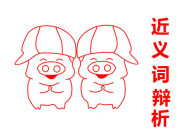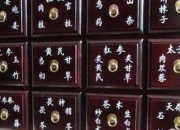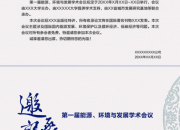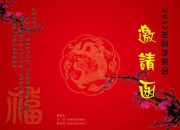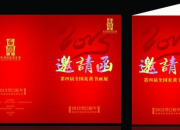名言隽语整理(15)
时间:2021-08-31Global auto companies such as Volkswagen, General Motors (GM), Toyota (TM), Nissan (NSANY), and Honda (HMC) dominate market share on the Mainland. At the same time, global banks such as HSBC (HBC), Bank of America (BAC), Goldman Sachs (GS ), and Citibank (C) are making serious inroads into China's rapidly growing banking and financial services markets (see BW Online, 2/6/06, "Banking on China's Reforms").
HOMEGROWN AUTOS. American companies such as Caterpillar (CAT), Coca-Cola (KO), and Eastman Kodak (EK) are doing extremely well on the Mainland. Indeed, as of last year, nearly 50,000 U.S. companies operated on the Mainland, and they have invested $51 billion in China since the early 1980s, according to China's National Development & Reform Commission. About 81% are profitable. For some companies like GM and Ford (F), China has been an earnings lift that has helped offset big troubles at home.
There are signs the Chinese are starting to worry about the competitiveness of key Mainland companies. In autos, Beijing has urged such companies as Chery, Geely, and Shanghai Automotive to work harder to develop more of their own brands and exports for foreign markets. That's definitely going to happen, but whether China can field globally competitive auto brands is still an open question. Unlike the Japanese back in the late '70s or so, Chinese carmakers don't have the huge edge in manufacturing efficiency Toyota or Honda enjoyed back then against U.S. and European rivals.
MIND THE GAP. That's not to say China doesn't have companies that have tremendous promise for the years ahead. Lenovo, Shanda Interactive, Haier, Huawei Technologies, and Baidu.com, for instance, could all emerge as first-class players. And the American, Japanese, and Western European economies have major challenges of their own -- budget deficits and aging workforces to name two -- that if left unresolved could easily relegate them to second-class status several decades out.
